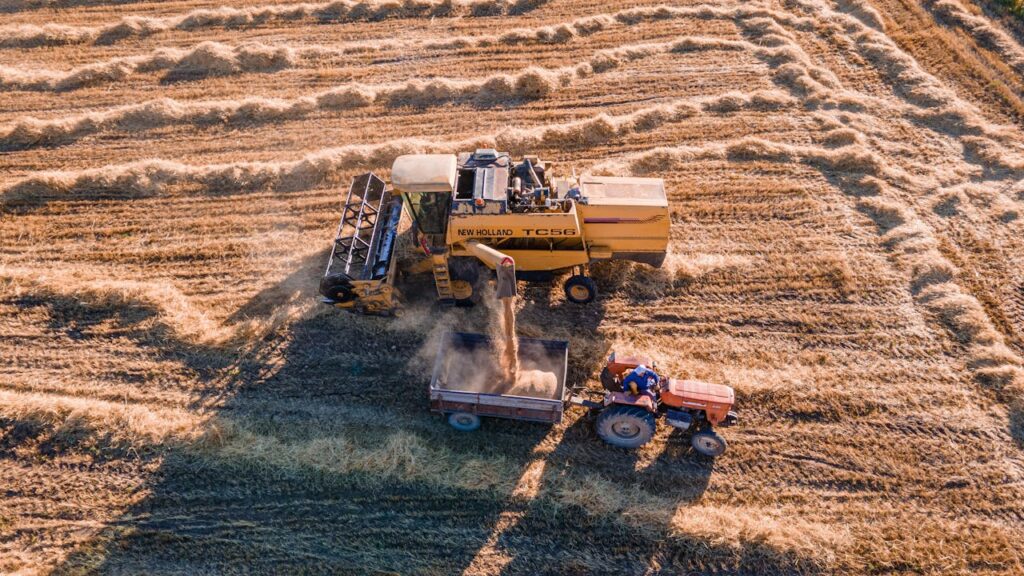Introduction
Farming, while a vital industry, has unique tax implications under Canadian tax law. While taxpayers can generally deduct business losses against other sources of income, farming losses are subject to specific restrictions under the Income Tax Act. Understanding these nuances is critical for those engaged in farming to maximize their tax benefits and avoid potential disputes with the Canada Revenue Agency (CRA).
This article explores the concept of farming, the restrictions on farming loss deductions, and the significant case law shaping these rules.
What is Farming?
For a taxpayer to claim losses as farming losses, they must demonstrate an intention to carry on farming activities with the expectation of earning a profit. Without this intention, farming may be classified as a hobby, making any associated income non-taxable and losses non-deductible.
Definition of Farming:
Subsection 248(1) of the Income Tax Act defines farming to include a variety of activities such as:
- Tillage of the soil.
- Raising or exhibiting livestock.
- Maintaining horses for racing.
- Poultry raising.
- Dairy farming.
- Fruit growing.
- Bee keeping.
Additional Activities Recognized as Farming:
The CRA and courts also consider the following as farming activities:
- Tree farming and market gardening.
- Operating nurseries and greenhouses.
- Hydroponic cultivation and raising fish.
- Operating cattle feedlots or wild game reserves.
- Mechanical hatching of eggs for sale.
Restriction on Deductibility of Farming Losses
Under subsection 31(1) of the Income Tax Act, farming loss deductions against other sources of income are restricted if the taxpayer’s chief source of income is not farming or a combination of farming and another source of income.
Key Points:
- Restricted Deduction: Taxpayers can deduct up to a certain limit of farming losses against other income. Losses exceeding this limit can only offset farming income, either in the year incurred, carried forward 20 years, or carried back 3 years.
- Chief Source of Income: Full deduction of farming losses is only allowed if farming, alone or combined with another source of income, constitutes the taxpayer’s primary income source.
Determining the Chief Source of Income
The Act does not clearly define when farming constitutes a taxpayer’s "chief source of income." This determination relies heavily on case law, with two landmark decisions shaping the interpretation:
Moldowan v. The Queen (1978 SCC 480)
The Supreme Court initially ruled that farming is a chief source of income if it is expected to provide the taxpayer's main income or be central to their work routine.
Canada v. Craig (2012 SCC 43)
This decision overturned Moldowan, providing a broader and more flexible interpretation. The Court held that the combination of farming and another source of income can qualify as the chief source of income if significant emphasis is placed on both.
Key Factors Considered in Craig:
- Capital Investment: The amount of money invested in farming versus other income sources.
- Income Contribution: The relative income from farming and other activities.
- Time Commitment: The time spent on farming compared to other activities.
- Personal and Family Context: The taxpayer's lifestyle, family history, future intentions, and expectations.
Flexible Approach: The Court emphasized that not all factors need to be significant and that greater income from non-farming activities does not automatically disqualify farming as a chief income source.
Practical Implications for Taxpayers
Hobby vs. Business: Taxpayers must maintain clear documentation and evidence to prove that their farming activity is conducted with the intention of making a profit.
CRA Audits: The CRA may challenge the deductibility of farming losses. Taxpayers under audit should provide robust evidence of their farming operations, including financial records, business plans, and proof of income generation.
Structuring Affairs: To avoid restrictions under subsection 31(1), taxpayers can:
- Demonstrate significant financial and time investments in farming.
- Maintain detailed records of farming activities and expenses.
- Consult tax professionals to ensure compliance with CRA requirements.
Conclusion
Farming losses present unique tax challenges under Canadian law, with deductions subject to strict criteria. The distinction between a hobby and a business, as well as the definition of a taxpayer’s chief source of income, plays a crucial role in determining eligibility for loss deductions. By understanding these rules and aligning their farming operations accordingly, taxpayers can optimize their tax positions and minimize disputes with the CRA.
For personalized advice on navigating the complexities of farming loss deductions, consult a tax professional.
This article is written for educational purposes.
Should you have any inquiries, please do not hesitate to contact us at (905) 836-8755, via email at info@taxpartners.ca, or by visiting our website at www.taxpartners.ca.
Tax Partners has been operational since 1981 and is recognized as one of the leading tax and accounting firms in North America. Contact us today for a FREE initial consultation appointment.


